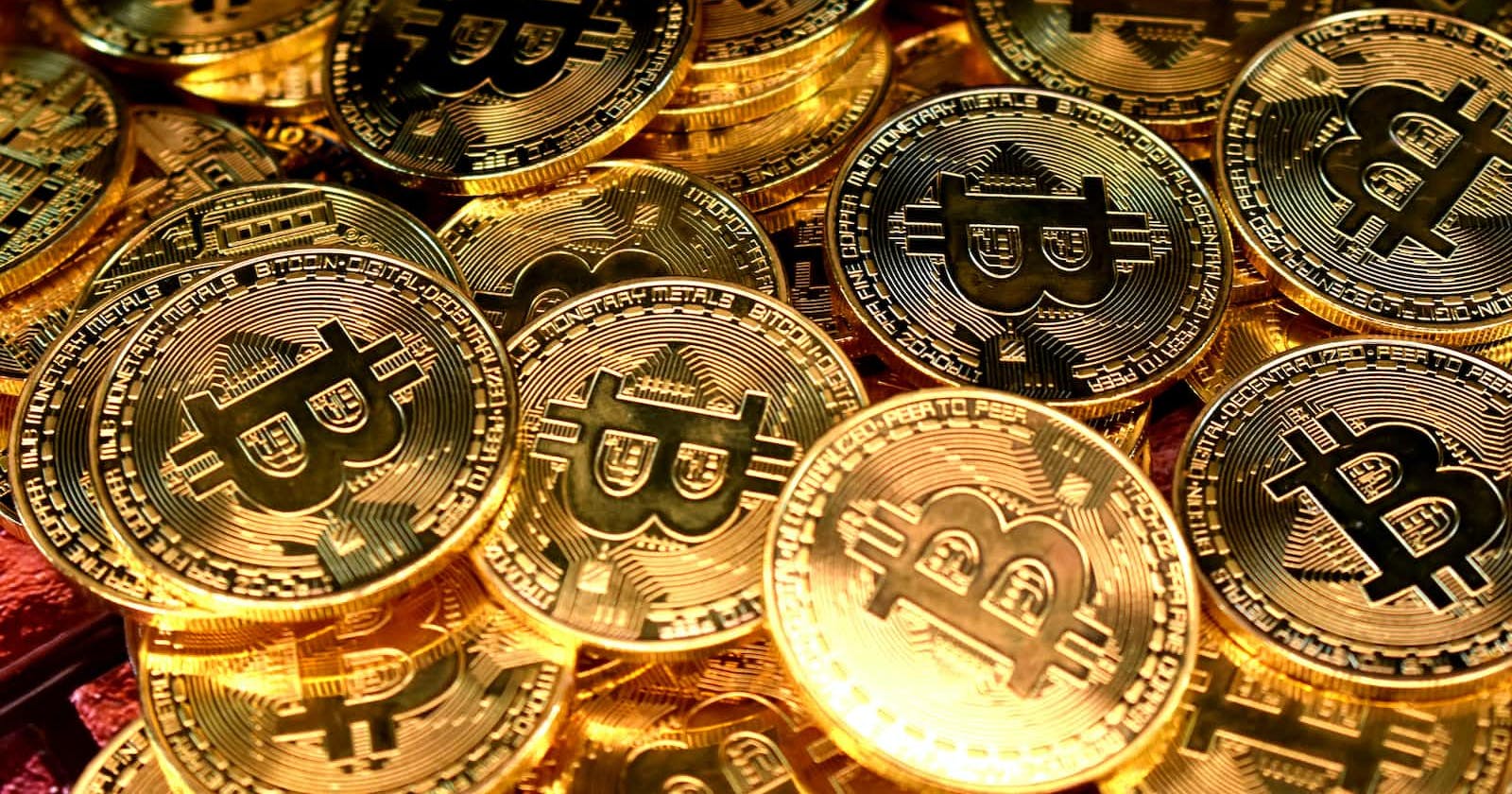Table of contents
No headings in the article.
Bitcoin is a digital currency that operates on a decentralized, peer-to-peer network. It allows for secure, fast, and low-cost transactions without the need for a central authority or intermediary. Bitcoin was created by an unknown person or group of people under the name Satoshi Nakamoto in 2009. The identity of Nakamoto has been a subject of speculation, with many people claiming to be bitcoin’s creator but no proof has ever been found.
Bitcoin has the potential to be a game-changer for Africa. Despite significant progress in recent years, access to financial services remains a challenge in many parts of Africa. With a large population of unbanked or underbanked individuals, the continent has an urgent need for financial inclusion. Bitcoin, with its decentralized and accessible nature, could help provide a solution.
One of the key advantages of bitcoin is its ability to be used as a global, digital currency that is not tied to any specific country or economy. This means that it can be easily accessed and used by anyone with an internet connection, regardless of their location or economic status. In Africa, where access to traditional financial services is often limited, this could be a huge benefit.
According to research conducted by the World Bank Group (WBG), nearly two billion adults worldwide do not have access to formal financial services such as bank accounts or credit cards. In sub-Saharan Africa alone, more than one billion people lack access to formal banking services (World Bank Group 2019). This figure is forecasted to rise by 20 percent over the next decade if nothing changes (World Bank Group 2019).
Bitcoin is already being used in Africa in several ways. For example, it is being used as a means of transferring money across borders, which can be faster and more cost effective than traditional methods. It is also being used for e-commerce and online payments, allowing individuals and businesses to engage in global trade without the need for a bank account.
One example of a business using bitcoin in Africa is BitPesa, a Kenyan-based company that allows users to send and receive bitcoin payments. BitPesa is focused on providing financial services to individuals and businesses in Africa and has already seen significant growth in its user base. Another example is Golix, a Zimbabwean-based bitcoin exchange that allows users to buy and sell bitcoin using local currencies. Golix has also seen strong growth and is helping to drive the adoption of bitcoin in the region.
In addition to businesses, there are also a number of non-profit organizations and institutions that are using bitcoin to help improve financial inclusion in Africa. For example, the BitGive Foundation is a non-profit that uses bitcoin to provide funding for humanitarian and environmental projects in Africa. The organization has partnered with several African charities and non-profits to help support their work and make a positive impact in the region.
One of the biggest potential benefits of bitcoin for Africa is its potential to drive economic growth. By providing access to global markets and enabling entrepreneurship, bitcoin could help to create new jobs and opportunities. It could also help to reduce corruption and increase transparency, which could be a major boost for the continent.
Of course, there are also potential concerns and objections to the use of bitcoin in Africa. For example, some may worry about the volatility of the bitcoin market, or the potential for fraud and other criminal activity. However, these concerns can be addressed through education and regulation, and the potential benefits of bitcoin are likely to outweigh any potential drawbacks.
Bitcoin has the potential to be a powerful tool for financial inclusion and economic growth in Africa. By providing access to global markets and enabling entrepreneurship, it could help to create new jobs and opportunities and drive economic development across the continent.
